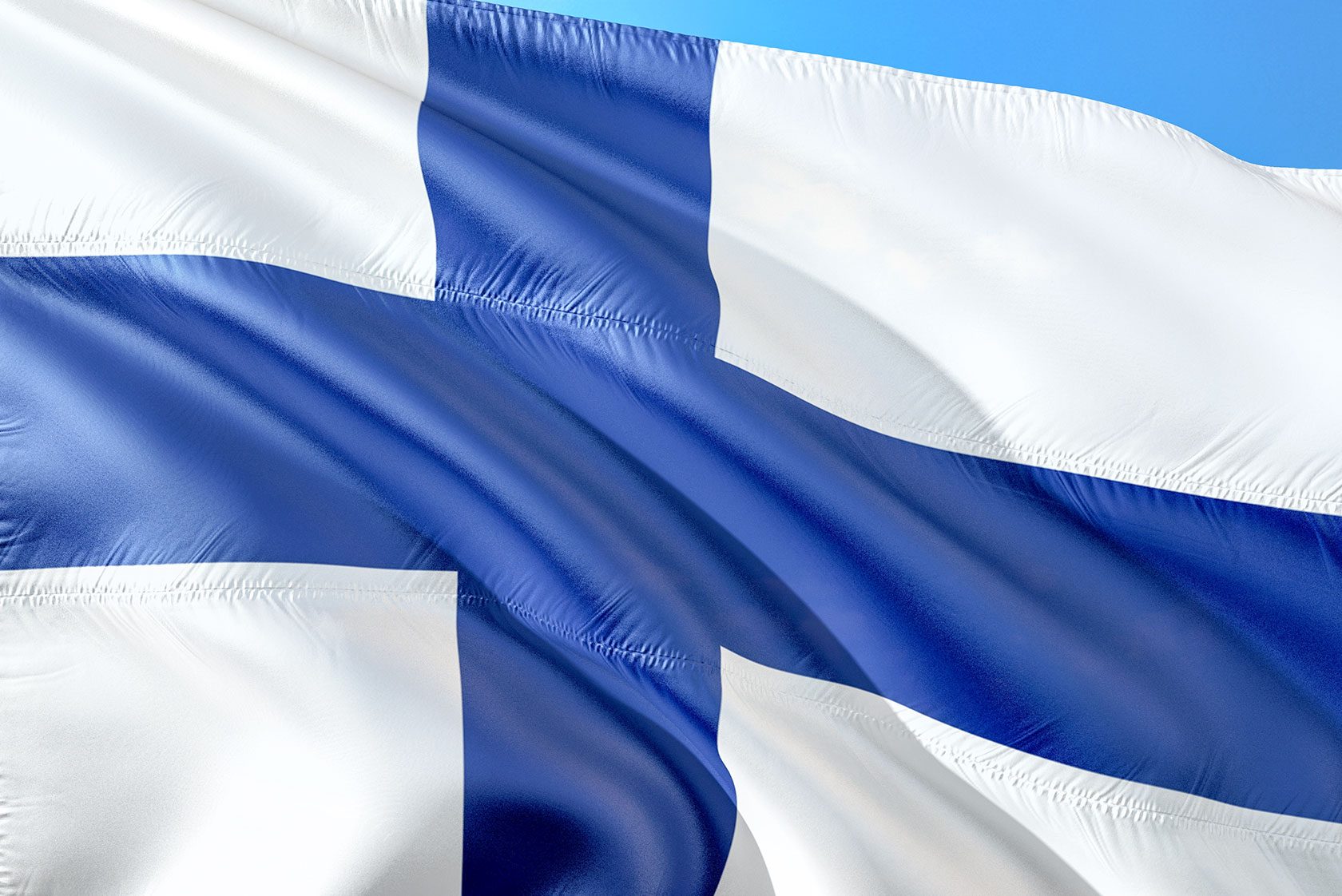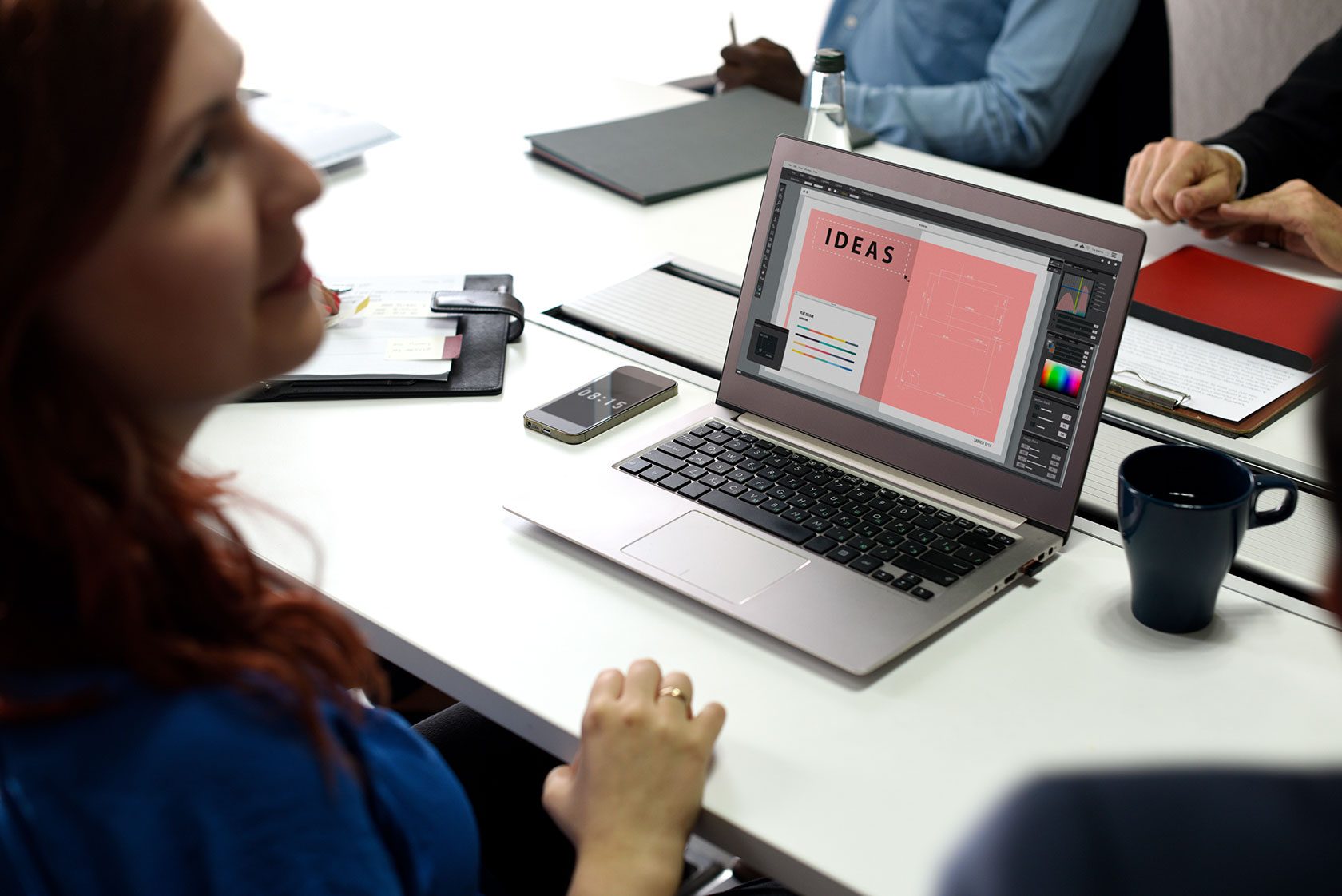
Moving to the Next Level: Interview on Open Science in Finland
Coordinated efforts on many levels have fostered open science in Finland. In our interview, Pirjo-Leena Forsström shares some insights into Finland’s recipe, and tells us, what other countries or institutions could learn from its role model and how libraries act as masters of open science.
Open Science seems to be firmly embedded in the Finnish science system. For instance, a lot of Finnish universities offer comprehensive information and open science guidelines. So, we were curious to learn more and asked PhD Pirjo-Leena Forsström, Development Director, CSC, Secretary-General for Finnish Open Science and Research Initiative about Open Science in Finland. CSC is the Finnish IT centre for science.
How would you describe the situation of open science in Finland today?
We are moving to the next level where open science does not need specific support actions, but can be left to stakeholders. See Evaluation of Openness in the Activities of Research Organisations and Research Funding Organisations. Among others the universities, Academy of Finland, Federation of Finnish Learned Societies and university libraries carry the torch for open science in the future as part of their normal activities.
Has open science become part of Finnish researchers’ daily routine and how did open science accomplish a wide effect in Finland?
To find out more about that I recommend you take a look at openscience.fi/openculture and impact evaluation. It was approached both from top-down and grassroots levels in an agile, coordinated way. We put effort in finding the optimal balance in multi-stakeholder dialogue and co-operation.
What is special about open science in Finland?
It has been a coordinated effort on many levels, and risk management has been an essential part in defining the needed actions every year. We have not been doing the same thing every year, but different things. This was needed to be able transform the whole research system, targeting at:
- Legal framework supporting open science
- Funding instruments with same goal
- Incentives supporting collaboration and openness
- Clear guidelines and interoperable services
- Collaboration on many levels
- Education and increasing expertise
What are the driving forces behind open science in Finland?
- Reproducibility and excellent quality of research
- Re-usability of results in different and new contexts:
- Interoperability:
- Economies of scale where it applies
- Discovery of results as input for new studies and innovation
- Maximum impact from financial inputs
- Federation of existing resources, infrastructures and data, not new funding-needy infrastructures
- Understanding that there is no one-size fit all –solution, leave room for diversity and new ideas
What are the building blocks of open science’s success in Finland? What is the role of libraries, training and individual support within this context?
The Open Science and Research Roadmap 2014-2017 gives a good overview over all the building blocks. Training and support of individual researchers are a huge part of the initiative, you can find about that at the special page openscience.fi/training. Libraries were trained to be masters of open science, and take responsibilities in open science education and skills in their own organization.
To what extent could Finland be applied as a role model for other countries and what could they learn from Finland’s role model?
In Finland, the Ministry of Education role in science policy was crucial. The Finnish model can be applied in the cases where the tools for steering are similar.
What advice would you give universities or other institutions who wish to further promote the use of open science practices in researchers’ daily routines?
Look at best practices, for example in UNESCO curricula and EU Evaluation of Research Careers fully acknowledging Open Science Practices or ALLEA’s revised version of European Code of Conduct for Research Integrity.
View Comments

EdTech KreativHack: Work on EdTech – and Learn a Lot
The use of technologies for educational purposes offers a lot of opportunities....



